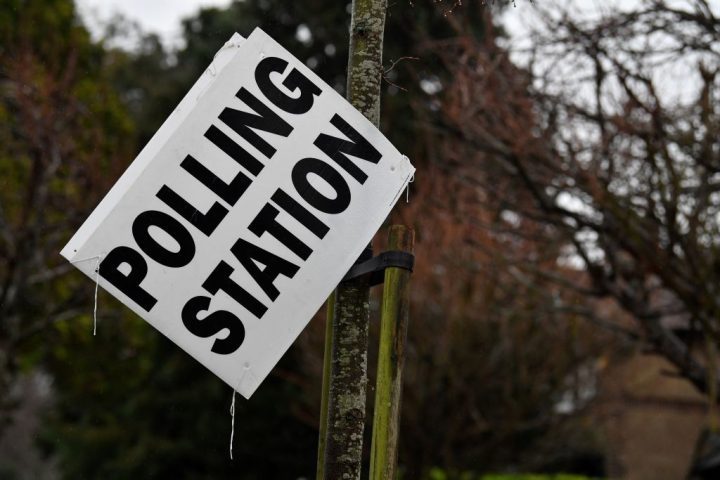With opinion polls predicting an oncoming electoral shellacking for the Conservatives, it is unsurprising that Rishi Sunak is hoping to find extra voters wherever he can. CCHQ’s latest bet is in the two million or so Britons living overseas who have just had their lifetime voting rights restored.
On 16 January, rules came into operation allowing all British citizens living abroad to register to vote in general elections.
Already a subscriber? Log in
Subscribe for just $2 a week
Try a month of The Spectator Australia absolutely free and without commitment. Not only that but – if you choose to continue – you’ll pay just $2 a week for your first year.
- Unlimited access to spectator.com.au and app
- The weekly edition on the Spectator Australia app
- Spectator podcasts and newsletters
- Full access to spectator.co.uk
Or




















Comments
Don't miss out
Join the conversation with other Spectator Australia readers. Subscribe to leave a comment.
SUBSCRIBEAlready a subscriber? Log in